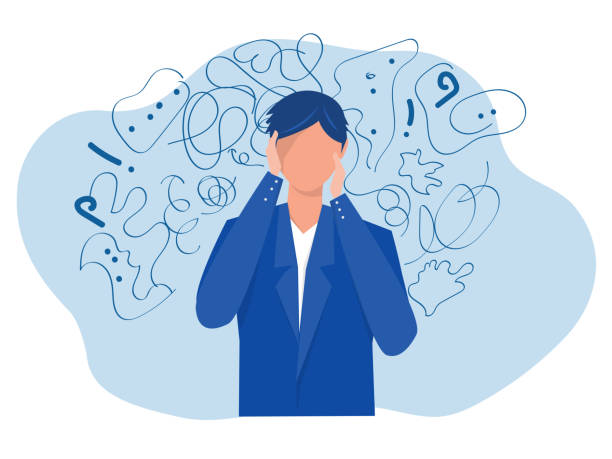ADHD in adulthood
Attention deficit hyperactivity disorder (ADHD) is a neurodevelopmental disorder that is typically characterised by difficulties with sustaining attention, challenges with controlling impulsive behaviour, and overactivity. Although ADHD develops in childhood, its symptoms can persist into adolescence and adulthood in a significant percentage of cases. In Hong Kong, the Department of Health for estimates that around 2.5% of adults in have ADHD.
It appears increasingly common for people to seek an ADHD diagnosis in adulthood. As awareness and understanding of ADHD has increased in recent years, more adults may be curious to explore whether the challenges they have faced in life may be related to ADHD and, if so, what support they can seek.
If you are an adult who has ADHD, you have likely already found your own unique ways of work with and managing your ADHD mind. Nonetheless, many adults with ADHD can continue to struggle with (amongst other issues), motivation and procrastination, getting organised, staying focused on tasks, self-control, and regulation emotions.

Getting things done
If you’re an adult that’s recently discovered you have been living with ADHD, you might feel like you’ve struggled with getting things done much of your life. You may have found it difficult to get to the finish line to complete certain tasks, no matter how important they are. Some tasks can even seem overwhelming to even get started on. On the other hand, you might not encounter issues at all with things that interest you.
If you encounter these challenges, the following strategies may be able to help with doing what matters and getting things done:
- Breaking things down: People with ADHD can process rewards differently, often preferring to complete smaller or medium-sized tasks. Longer or complex tasks can even seem overwhelming. In these cases, it can help to break down long or complex tasks into smaller component tasks, and tackle the smaller tasks one by one.
ADHD can also make it more challenging to keep complex tasks organised in the mind. It can help to ‘offload’ the planning by organising these tasks or paper (or digitally) and use these systems to keep track of how tasks are progressing.
- Doing what matters: As noted above, ADHD can affect focus and motivation, and adults with ADHD often experience inconsistent levels of motivation and focus across different tasks. This means that intrinsic motivation (i.e., internal interests and desires) cannot always be relied on to get things done.
In these cases, in can be helpful to develop a clear view of the importance of the task – e.g., what will happen if the task is not done, and what will be achieved if the tasks is completed? How am I bringing my personal values to this task? It can also help to introduce an element of extrinsic incentive or pressure to the task, such as by setting a concrete personal deadline or adding small incentives to maintain motivation.
- Having some fun: Sometimes, it can be hard to find motivation to complete tasks simply because they seem boring! It can be helpful to introduce some stimulation to the task – perhaps it can be helpful to listen to some music while working, move to a more invigorating environment to do the task, or introduce a fun element to the task (e.g., making it a ‘game’ to complete steps of the task).
- Walking side by side: Having someone provide an external source of motivation and accountability can also help. This could look like asking a friend or colleague to check in with you periodically on how you are doing with certain tasks, and keep you on track.
- Working with a professional: Many ADHD adults find it helpful to work with a therapist or coach who is experienced in supporting people with ADHD. A therapist can help you to gain a better understanding of how ADHD presents itself in your life, and to develop skills and strategies to address challenges such as organisation and procrastination to help you live a rich and fulfilling life. An ADHD therapist can also help work through self-esteem and other emotional issues common to ADHD.
Conclusion
While it can often seem difficult for adults with ADHD to find motivation, there are a number of things that can help get things done, from deconstructing tasks into smaller components, reframing tasks in different ways, or working with an ADHD therapist.
If you are interested in scheduling a session with Dickie Mok or have further queries, please contact us today.

